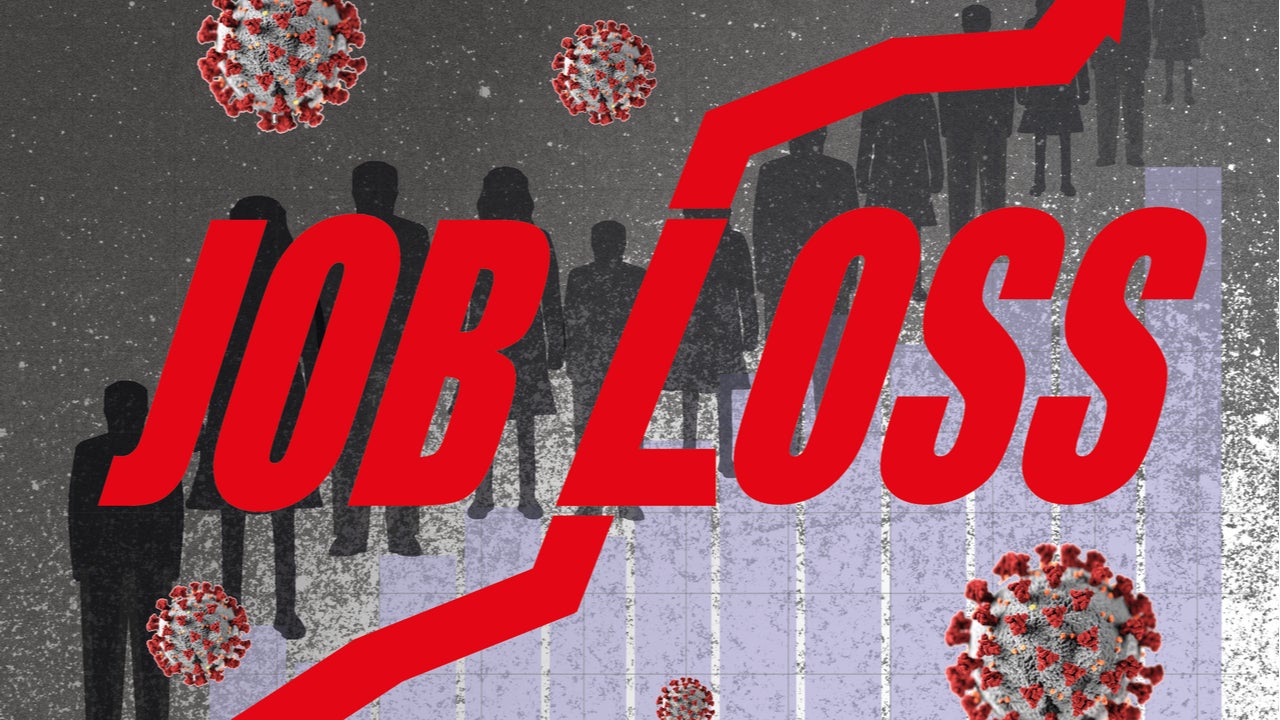Linda Yueh
Linda Yueh, economist at the University of Oxford, shared an article on labour market reallocation caused by the pandemic. A lot of uncertainty still exists on whether demand will return to those sectors where it fell drastically or if demand will fall and lead to permanent job losses. Such reallocation of labour can lead to increase in costs as businesses and workers will need to rebuild physical, human and organisational capital.
The labour reallocation caused by the pandemic can lead to a mismatch between the capital and labour that is available in the economy. Further, reallocating jobs and workers will require extensive efforts and time, which will ultimately lead to frictional unemployment. It can reduce output for a prolonged period of time thereby impacting economic recovery and increasing inflationary pressures.
The extent of impact of inflationary pressure will depend on how the economy adjusts to the reallocation caused by the pandemic as well as the actions taken by monetary policymakers.
As Covid recovery proceeds, a key question is whether demand will return to the same places where it fell, or whether some firms and sectors will lose demand & thus shed jobs permanently. Businesses expect this accelerated reallocation to persist into 2022 https://t.co/1MMNmzUbNv
— Linda Yueh (@lindayueh) August 15, 2021

US Tariffs are shifting - will you react or anticipate?
Don’t let policy changes catch you off guard. Stay proactive with real-time data and expert analysis.
By GlobalDataGuntram Wolff
Guntram Wolff, an economist and director of Bruegel, an international think tank, shared an article on the dangers of extensive quantitative easing initiated during the coronavirus pandemic. The article highlighted the need to phase out quantitative easing to normalise monetary policy, which can help in reducing the pressure on asset managers to generate returns in a low-yield environment.
The US Federal Reserve’s recent announcement to end its $120bn bond buying programme indicates towards phasing out of quantitative easing. Prolonged quantitative easing has led to increase in government debt, while government interest payments have declined. Government debt may become an issue in case interest rates keep rising as inflation starts increasing.
Further, quantitative easing shortens government debt maturity and increases the risk of exposure for central and government banks to rising interest rates. The average maturity in the US, for example, is much shorter than other countries and prolonged quantitative easing can increase these risks for the Fed.
An interesting piece by Ragu Raja on the Dangers of Endless Quantitative Easing.
However, I was surprised that he doesn't acknowledge that higher real growth as well as higher inflation rates ease the debt burden for government.
https://t.co/p8cp9rrPLF— Guntram Wolff (@GuntramWolff) August 15, 2021
Daniel Lacalle
Daniel Lacalle, chief economist at Tressis, a financial services company, shared an article on how the effect of government stimulus programmes is diminishing. Prices are surging in the US and purchasing power is weakening despite the massive stimulus plans announced by the government. The GDP rate in the US was expected to be higher in 2021 due to the high savings rates achieved during the lockdowns last year.
The GDP growth rate, however, is expected to be lower than expected at 3.5% annualised as the delta variant leads to increase in coronavirus cases and savings rates being much lower than projected. Further, there was no consumption boom that was expected owing to the increased savings rate. Retail consumption, in fact, contracted in May and June leading to downward revisions in growth estimates.
Furthermore, inflation is leading to reduction in consumer purchasing power and declining the margins for small and medium enterprises. The government stimulus also did not help in achieving any real economic progress or boost job recovery. The government should closely monitor the impact of the stimulus programme before announcing another stimulus as rising inflation can damage the economy in the long run and reduce the purchasing power of people.
Government "Stimulus" Keeps Having a Diminishing Effect.@miseshttps://t.co/Y4ZoODvvGp
— Daniel Lacalle (@dlacalle_IA) August 15, 2021
John O’Brennan
John O’Brennan, Jean Monnet Professor of European Integration at Maynooth University, shared an article on how governors in several states of the US including Florida and Texas have banned the mask mandate despite rising cases of the Delta variant. Coronavirus cases in these states have reached new highs with hospitals reaching near breaking point.
Further, some governors are supporting the US President Joe Biden’s call for vaccination, but Republicans are openly undermining vaccine mandates. The number of new cases averaged at 113,000 per a day, which is an increase of 24% from the previous week, while hospitalisation rate increased by 31% from the previous week. The increase in cases was mostly recorded in states governed by Republican leaders, where vaccination rates are low.
Democrats noted that Republicans are turning the coronavirus pandemic into a partisan issue and unnecessarily endangering the lives of people including children. Several prominent leaders have challenged the efficacy of masks and vaccines and even spread conspiracy theories suggesting that vaccines harms fertility and cause other side effects.
https://twitter.com/JohnOBrennan2/status/1426800191173185536




